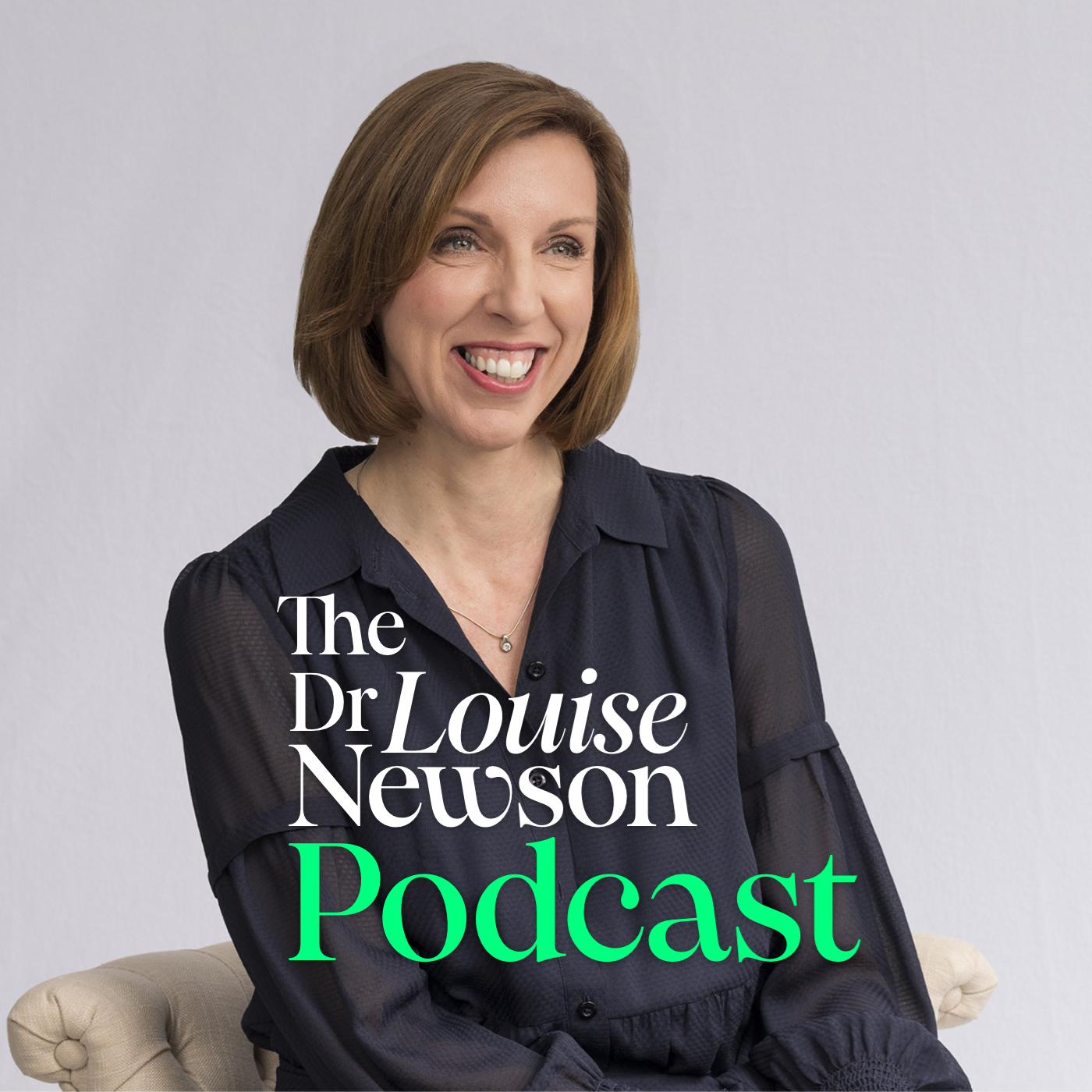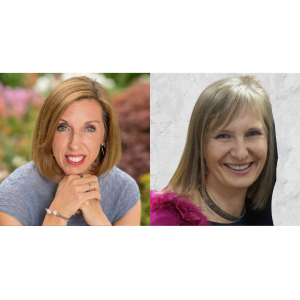
8.5M
Downloads
311
Episodes
Dr Louise Newson is an award-winning physician, respected women’s hormone specialist, educator, and author committed to increasing awareness and knowledge of perimenopause, menopause, and lifelong hormone health. Each week, Louise dives into the newest research, treatments and hot topic issues, providing accessible, evidence-based information to empower your future health. Joined by fellow experts and special guests, with answers to your burning questions, Louise explores how hormones impact every aspect of our lives. Described as the “medic who kickstarted the menopause revolution”, Louise aims to empower a generation of women to have a greater understanding, choice and control over their treatment, bodies, minds and future health through their hormones. She is the creator of the award-winning free balance app, a Sunday Times bestselling author and the founder of the Newson Health clinic. With over three decades of clinical experience, Louise is a member of the Royal College of Physicians, a Fellow of the Royal College of GPs, a Visiting Fellow at Cambridge, a regular contributor to academic journals including the Lancet and the British Journal of General Practice, and has been awarded an honorary Doctorate of Health from Bradford University. DISCLAIMER: The information provided in this podcast is for informational purposes only and is not intended as a substitute for professional medical advice, diagnosis, or treatment. Always seek the advice of your physician or other qualified health providers with any questions you may have regarding a medical condition. The views expressed by guests are their own and do not necessarily reflect the views of Dr Louise Newson or the Newson Health Group.
Episodes

Tuesday Aug 09, 2022
164 - When ADHD collides with perimenopause with Margaret Reed Roberts
Tuesday Aug 09, 2022
Tuesday Aug 09, 2022
Margaret Reed Roberts is an experienced social worker and educator who noticed a change in how she felt in her late 40s. Along with more obvious symptoms of perimenopause, such as hot flushes and migraines, there came a deterioration in her cognition – she struggled to initiate, plan and complete daily tasks and the mental load became unmanageable. A friend suggested there may be more than perimenopause going on and questioned if Margaret was neurodivergent.
In this honest and insightful conversation, Margaret shares of the ‘relief and grief’ of being diagnosed with ADHD as an adult and the impact she now understands ADHD has on her daily activity, home life and relationships.
Margaret’s three tips for those who have ADHD or think they might have it:
(provided after the conversation)
- Be informed. Knowledge is a game changer. You feel more confident when you understand and are better able to advocate for yourself. Challenge others where necessary, using your acquired knowledge and pass that information on.
- Don’t be alone; join support groups, talk to empathetic friends and family.
- Tell your story. You and your story are valuable, not everyone will listen or care, but the more we talk, the more we break taboos and stigma.
Follow Margaret on Facebook
Twitter: @geordiereed

No comments yet. Be the first to say something!